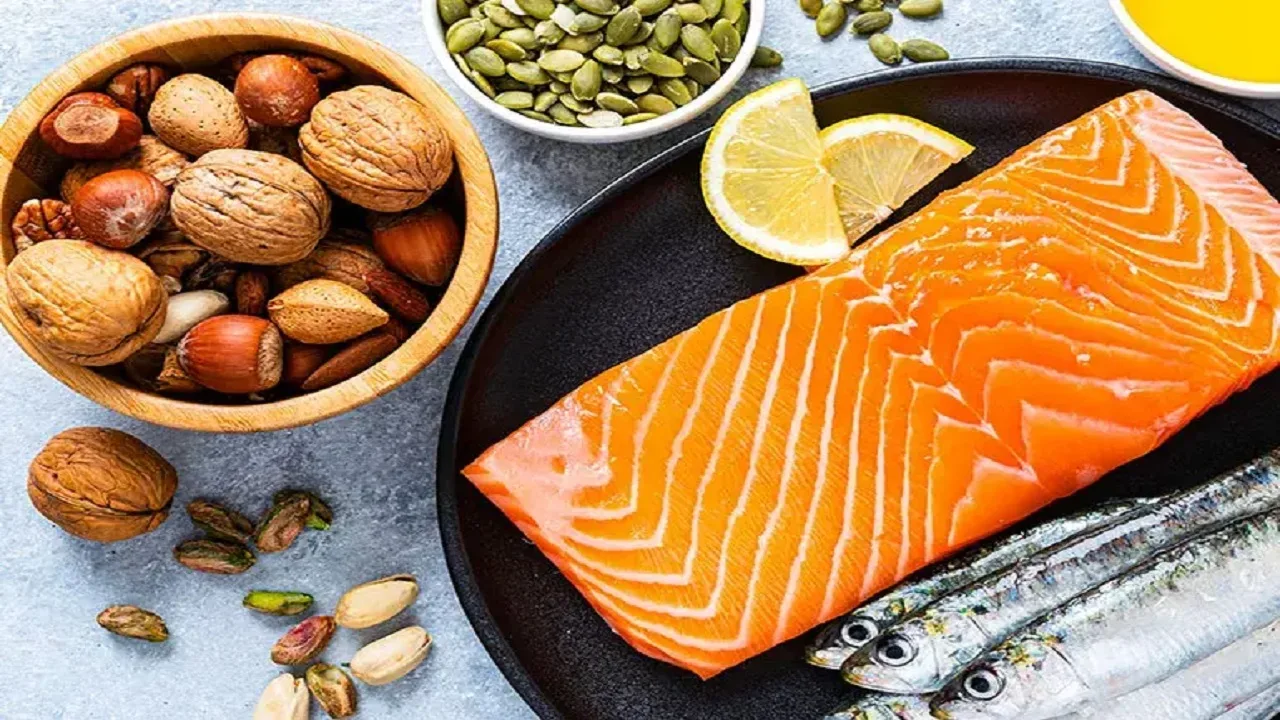Would you like to eat more protein? Then you’ve come to the right place! In this article, we’ll introduce you to some of the best protein-rich foods you can incorporate into your daily diet. Whether meat, vegetarian, or vegan, we’ll explain everything about requirements, foods, and recipe ideas. At Oviva, nutritional advice is free if you have a doctor’s prescription and are insured with one of our 40 partner health insurance companies. In this case, the health insurance companies cover 100% of the costs. Is your health insurance company included?
Why are proteins important at all?
Proteins are essential for our body because they involve many vital processes. Whether for building muscle, the immune system, cell repair, or the production of hormones and enzymes – proteins are indispensable. A protein-rich diet is vital for athletes, vegetarians and vegans.
Difference between proteins and egg whites
Many people use the terms “protein” and “protein” interchangeably, as they refer to the same nutrient in food. Proteins are, in fact, essential macronutrients that are of great importance to the body for building muscle mass, repairing tissue, and ensuring optimal immune system function.
However, there is a subtle difference between proteins and protein. While “protein” is the scientific term for molecules made up of amino acids, “protein” refers to foods that contain a high concentration of proteins.
This means that foods such as meat, fish, eggs and dairy products are rich in protein because they contain a high concentration of proteins. Other foods, such as nuts, legumes and whole grains , can also contain proteins, but in lower concentrations. You can read about which foods have a particularly high concentration of proteins further down in this article.
How much protein do I need per day?
The amount of protein you need daily depends on various factors, such as your age, gender, weight and activity level. In general, the German Nutrition Society (DGE) recommends a daily protein intake of 0.8 grams per kilogram of body weight for adults.
Example: 70 kg (body weight) x 0.8 g protein = 56 grams of protein daily.
To better assess your individual needs, you can use this general recommendation as a starting point and adjust your needs accordingly. For example, athletes, pregnant and breastfeeding women, and older people often need a little more protein. If you are very active or do strength training, for example, your protein needs may be higher. In such cases, 1.0 to 1.5 grams of protein per kilogram of body weight can be recommended. In general, nutrition experts recommend that about 10-20% of daily calorie intake should come from protein.










